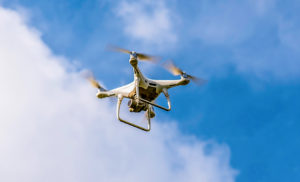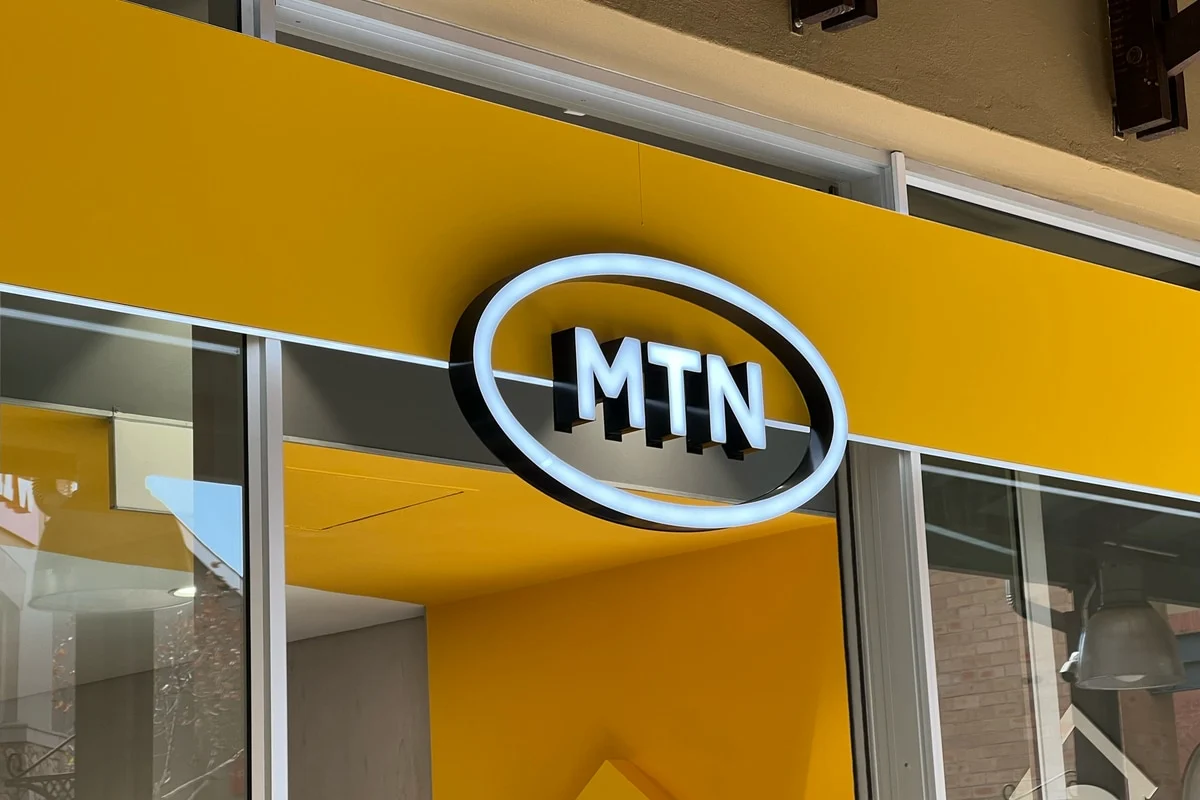I watch my one year old run down the corridor as I walk to the door. That is a thing he does now; once he hears the doorbell, he thinks it is time for “outside outside” and runs as fast as his little legs will carry him, in baited breath that it might be time for outside.
It is fascinating to watch him run, when only 3 months ago he could not even walk! As 9-month-old him picks one leg up after the next, holding the wall for support, he turns back and smiles. He is completely unaware that failure is something to be ashamed of.
When he first started to walk, everyday was a new experience in slow learning and reusing what he learnt to push closer to little milestones. One day, after many attempts, I noticed him trying hard to start walking. He propped his weight all on his front toes, and tried to move forward, almost on a tip toe. As soon as he took his first step, he came tumbling down. A monumental failed attempt! You’d expect them to cry at failing, yet, he looked back with the widest beaming smile on his face, and pulled himself up with his hands once again, all while giggling his head off!
His second try was fascinating to watch. He leaned against the wall, and tested his legs again. This time, he did something slightly different. Using the wall to support himself, he tested putting his foot down flat on the floor. Then he tested the second foot, wobbly and unsure, but with a focused determination, and still that wide smile on his face. Then he took one hand off the wall, and noticed he was still standing! Slowly, cautiously, he took the second hand off the wall, and tried putting one leg in front of the next. He managed two whole steps, unsupported, before he fell again!
Then he was even happier than before, as he rolled on the ground with his characteristic wild laugh, clearly so proud of his new ability, celebrating and reveling in his tiny win! He had no idea that “successfully walking” means taking a whole lot more than two steps! He casually went back to playing with his toys.
I knew that he would try again in another 5 minutes, or an hour, or even the next day – but he showed no rushed impatience, no pressured hurry, and no fear of failing.
***
The innate nature of the human mind is to learn by “failing”, and to have no fear of the process. As we grow, we begin to understand what failure means, and we develop a sense of self consciousness and an apprehension of failing publicly.
Study shows that most humans are afraid to do things right on their first try. Absurd! It is near impossible for us to get anything right on our first try! From when we were babies, we have always needed to do things multiple times to perfect it, so why on earth do we expect different with entrepreneurs?
Failure can be paralyzing, and it saddens me for the many probably revolutionary ideas that we will never experience simply because it is locked up in the mind of someone paralyzed by fear.
The statistics for failure in entrepreneurship are staggering, and enough to strike fear in the hearts of many. An entrepreneur is usually a bold risk taker, that has sacrificed the comforts and predictability of a stable salary, to go out and build their own life path.
Every entrepreneur will have a failure, but it is how you react to each failure that ultimately determines your success. The entrepreneur that can learn from every failed step, and apply the lessons to their next attempt at “walking”, with persistence and execution, will eventually succeed.
Failure also makes you tougher, and prepares you for the hurdles of entrepreneurship- the more times you fall learning to walk, the better you will run.
It is incredibly important to heed the lessons from each “failure”, and experiment multiple times when building something new.
This does not only apply to the entrepreneur; it applies to the team as well! You have to encourage your team to not be afraid to experiment and try new things, learn, and create new growth.
Once you “succeed” and start to really scale your business, it is important to continue to encourage that culture that accepts failure. Your various departments should be experimental, and not afraid to try new things. This will keep you on par with innovation in this fast moving world.
Our local ecosystem must also accept that failure is very much part of this game, and in fact the more a person has failed; the likelier they are to succeed. I want to see an ecosystem where we keep people who have failed IN the ecosystem, (this helps pool of talent in the ecosystem) encourage them to try again, and be open about sharing our experiences with entrepreneurs going through different stages in their business, so they too can learn from the failures of others.
We regularly reference Silicon Valley as the “ideal ecosystem”, so I thought I’d include this: I sat in a lecture by a Silicon Valley investor, who had been around since the 70’s SaaS era, and his insights on the culture of failure in the valley were eye opening. He said that in Silicon Valley, the culture accepts that 70% of start ups fail, and the ecosystem has thus been designed to mitigate the risk of failure.
The treatment of founders in SV, he described, sounds like the relationship between a mother and a child (actually, a lot of the relationships between investors and entrepreneurs in SV can be described using strong family analogies, but this is a topic for another post). He explained to me that it is not uncommon for a VC to give a failed founder some money to walk away with, because they appreciate the opportunity cost lost by the founder, taking off years of their life, and the immense personal risk they take on when building these companies.
This behavior also builds trust. In SV, there is an understanding from experience, that many successful founders are not first time successes – many have failed numerous ventures before landing that successful company! And so the way they treat a founder after they fail is more likely to encourage that founder to return to the fund when they eventually build that successful future unicorn.
This is one of the “secrets” of Silicon Valley- the awareness that real innovation cannot be achieved without failure!
I believe the role of incubators, accelerators and mentors should be like that of a “caregiver” at different levels. I read an interesting study that shows that infants cannot walk without first mastering the skills needed to balance upright, and so in the weeks prior to full on walking, they exhibit transient skills that support this balance by holding on to furniture to pull up to an upright position, holding a caregiver’s hands, or cruising sideways while supporting themselves with furniture.
Before a company can truly develop its balance and walk, our role as “developers” is to be that wall, that furniture, to support the learning to walk process, by providing them with supporting services that ease the transition from ideation, to viability, to a full blown revenue generating company.
It is why I am incredibly passionate about the MEST model, where we continue to be a part of your family through this whole process, holding your hand, waving proudly when you grow out of this learning to walk stage, and always watching from afar, closely following your story and offering support to show everyone the picture of our family members who are doing amazing things around the world!
We encourage a culture where you are not afraid to fail, where you know we are there to support you, and where we employ other supporters in the ecosystem to do the same, to spread a healthy culture that accepts failure, and in the process foster innovation.
Neku Atawodi-Edun is the Country Director (Lagos) at MEST Africa, an entrepreneurial training program, seed fund, and incubator for African tech startups headquartered in Accra, Ghana.






















